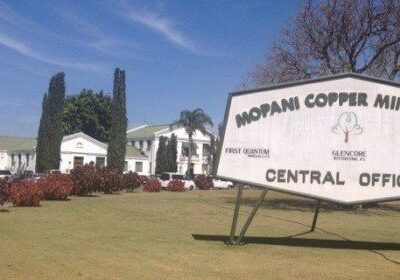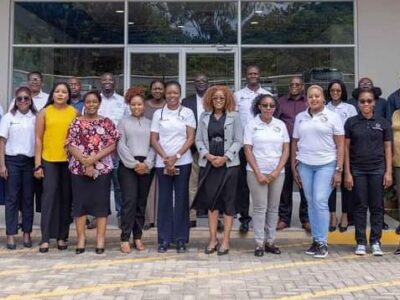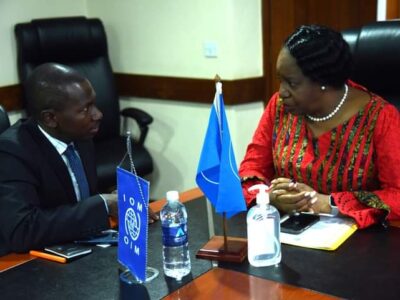Energy enthusiast, Johnstone Chikwanda, has called on TAZAMA and Indeni Oil Refinery managements to educate the nation on how much savings are expected to be realized arising from the conversion of the pipeline and the closure of the refinery.
In welcoming the conversion of the TAZAMA pipeline to transporting refined low sulphur diesel and the closure of Indeni Petroleum Refinery, Chikwanda said it would be prudent for Zambians to know because these were well intended energy sector reforms.
Chikwanda made the call in reaction to President Hakainde Hichilema’s statement in Parliament on Friday that amendments to certain laws would shorten the regulatory approval processes.
During his address, Hichilema highlighted that the government had shortened the approval processes for procurement of Power Purchase Agreement (PPA) with ZESCO to 10 days in some cases.
Chikwanda, in a statement issued in Lusaka on Monday, commended the government for achieving milestones and overall progress being made in the energy sector.
He, however, said that apart from amending the specific laws aimed at shortening the cumbersome and lengthy approval processes, there was need to also improve funding to the institutions dealing with various approval stages.
“These include local councils, Zambia Environmental Management Agency (ZEMA) and Energy Regulation Board (ERB),” he said.
Chikwanda said ZEMA and ERB have customer service charters, which stipulated timeframes for discharging their mandate.
He said the laws that established these institutions have provided for timeframes in which to conclude certain approvals, but they have been failing in most cases to operate within these time frames.
“Part of the reasons they may have been failing to adhere to timeframes provided in the laws and service charters include chronic underfunding and lack of adequate manpower in departments which are at the cutting edge of service delivery,” Chikwanda said.
He cited inadequate presence in provincial centers and inadequate management authority to provide for interim authorizations pending board approvals as other challenges facing the institutions.
Chikwanda said this inadequate lack of management authority had been leading to frequent board meetings which have been sliding in more than 20 board meetings per year, in the last 5 years or so, as boards have been trying to dismantle backlog of approvals.
“Having this number of board sittings is not encouraged corporate governance as they are supposed to be sitting on a quarterly basis,” he said.
Chikwanda said that to solve the challenge of the lengthy approval process, there was need to provide for increased funding to these institutions in order for them to improve manpower and logistics.
He said this would allow them to decentralize their operations and improve delegation of approval rights to management teams.
“In welcoming the increased electricity generation in the country compared to last year, it is important that ZESCO updates the nation on the progress made on dismantling the backlog of connections and how many connections are expected over the next year,” Chikwanda said.
In the same vein, Chikwanda said the Rural Electrification Authority (REA) which received unprecedented funding in the 2023 national budget to the tune of K720million up by 100 percent from previous budget allocation should update the nation regarding the number of connections to be made under this budget cycle.
He said this would allow stakeholders to keep track of electrification rate performance as the country draws closer to 2030, the target of universal access to electricity.
WARNING! All rights reserved. This material, and other digital content on this website, may not be reproduced, published, broadcast, rewritten or redistributed in whole or in part without prior express permission from ZAMBIA MONITOR.












Comments